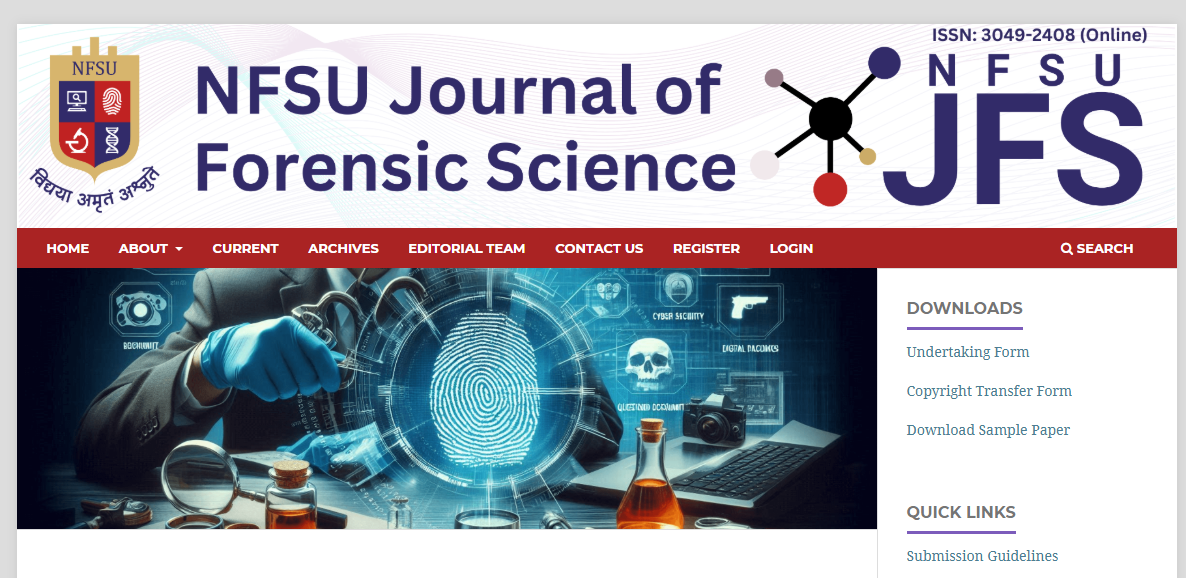DOI
Ever wondered what that mysterious string of letters and numbers is at the end of a research paper or scientific article? That's a DOI, or Digital Object Identifier. Think of it as a unique, persistent link to a specific piece of digital content, like a virtual barcode. No matter where that article moves online – from one journal website to another, or even if the original site disappears – the DOI will always lead you back to it. This ensures that researchers, students, and anyone needing access to vital information can reliably find the source they're looking for. DOIs are incredibly important for academic integrity, preventing citation errors and ensuring proper attribution. They are also critical for tracking research impact and facilitating the sharing of knowledge across the globe. This page is dedicated to answering your questions about DOIs: from understanding their structure and function to resolving DOI-related issues and exploring their use in different contexts. Whether you're a researcher, student, librarian, or simply curious, you'll find helpful information here to navigate the world of digital identifiers.
How to get Crossref DOI Prefix for journal: Direct Membership vs Sponsored Partnership
Could you please explain the clear difference between both approaches? I’m a little confused. Also, if I choose the sponsored partner option, what happens if I want to change my sponsor later in case I’m not satisfied with their service?

I need best agency which can help me to start my journal on OJS
I’m planning to launch an academic journal and would like to use Open Journal Systems (OJS) as the platform. I’m looking for a trusted agency or service provider based in India that can help with:OJS installation and hostingCustomization and design (https://jfs.nfsu.ac.in/index.php)Technical supportDOI setup and indexing guidanceCan anyone here recommend a...
- OJS
- Open Journal Systems
- journal website
- academic publishing
- India
- DOI
- PKP
- OJS customization
- OJS hosting
- start journal India
- OJS Expert
- OJS Service Provider

What should I do if I can't find a DOI for an article?
I'm wondering what steps to take if I can't find a DOI for an article. I want to know if there are alternative ways to locate the DOI, such as using CrossRef, and what to do if the article doesn't have a DOI.
How do I use a DOI in citations?
I want to know how to properly use a DOI in citations. I'm looking for guidelines on how to format DOIs in different citation styles, such as APA, MLA, and Chicago, and why it's important to include them in references.
What is the cost of obtaining a DOI?
I'm trying to find out the cost of obtaining a DOI. I want to know if there are any fees involved, whether they vary depending on the type of work or publisher, and if there are any free options available.
Can I get a DOI for my unpublished work?
I'm curious if it's possible to get a DOI for my unpublished work. I want to know if there are any repositories or platforms that provide DOIs for preprints, datasets, or other types of unpublished materials.
How do publishers assign DOIs to articles?
I'm interested in learning how publishers assign DOIs to articles. I want to know the process they follow, the role of DOI registration agencies, and how they ensure that each DOI is unique and permanent.
What is the difference between a DOI and an ISBN/ISSN?
I’m confused about whether I need a DOI, ISBN, or ISSN for my work. I know DOIs are used in research, but what makes them different from ISBNs for books and ISSNs for journals? Can I have both an ISBN and a DOI for the same publication, or are they...
What are the benefits of having a DOI for my work?
I'm curious about the benefits of having a DOI for my work. I want to understand how it can improve the visibility, accessibility, and citation of my research, and whether it offers any advantages over other types of identifiers.
How can I obtain a DOI for my research paper?
I want to know the steps involved in obtaining a DOI for my research paper. I'm looking for detailed information on the process, including any specific requirements, the role of publishers, and whether I can get a DOI for unpublished work.
Related Tags
View AllMost Active
View All














